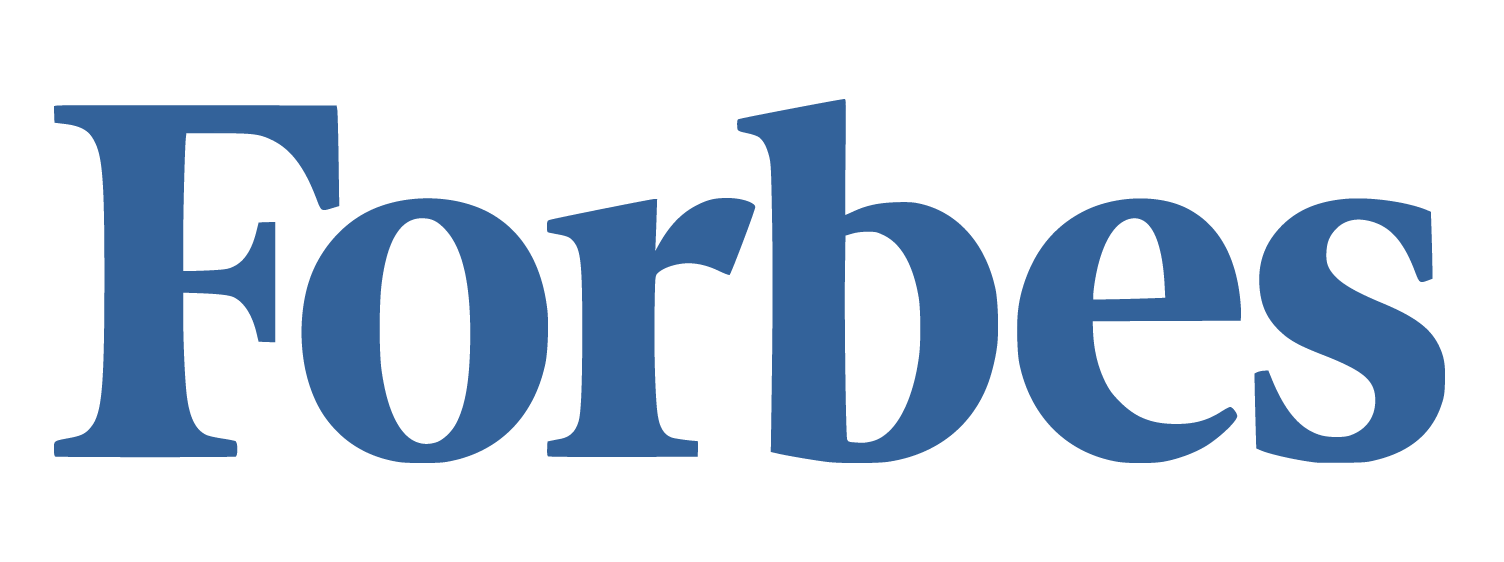Why Denise Thomas Of Apple Pie Capital Was Ready To Lead
Denise Thomas has never shied away from a challenge. It does not take more than a minute after meeting this woman to recognize how confident, impressive, smart, hard-working and fun she is. Nobody would mistake her success for luck.
Denise is the founder & CEO of Apple Pie Capital which creates a new, more efficient source of capital for franchise businesses. Prior to Apple Pie Capital, she founded three other companies and has spent more than twenty years helping entrepreneurial companies develop breakthrough ideas. Denise is considered a visionary in the FinTech world and one of the few women to receive venture funding for a FinTech startup. I caught up with Denise recently to find out what drives her.
Jenny Lefcourt: Which came first for you when starting your company – the desire to start something or seeing an opportunity that you felt must be created?
Thomas: It was a little bit of both. I was ready to lead a company and I had many female colleagues ready to invest in me and support me along the way. This state of mind plus my research showing how big, compelling and underserved the franchise industry is was the impetus to create Apple Pie Capital. Leaders in the franchise industry, who became my advisors, felt strongly that we could build an alternative and better financing option for the everyday entrepreneur. The business model to serve this market and customer efficiently happened to take advantage of several core strengths of mine, including developing channels, technology and financial innovation. I felt this opportunity had all the key elements for success, right time, large market, right product and team.
Lefcourt: Have you felt that being a woman has positively impacted your business and if so, how?
Thomas: I am in financial services, which is predominantly male and I am one of very few women in my role as a CEO of a FinTech company. I meet with a lot of Wall Street firms and I have only sat across the table from two female decision makers in my industry. If nothing else, I stand out and am remembered. What my colleagues tell me is that I am refreshing, trusted and take people a bit by surprise. There are times when I am underestimated and that usually works in my favor in negotiations.
Lefcourt: What is your point of view on work-life balance and what practices do you have (if any) to achieve it?
Thomas: I have often been asked if you can have it all. My answer is, yes, just not at the same time. There are periods in the early life of a company when you have to put most, if not all of your energy into the business. People are counting on you, investors, employees, customers. There are also times where you have to recharge or you will not be doing your business or yourself any good. Knowing when to sacrifice one thing over another comes down to values and prioritization and is different for everyone. One thing I try to do each day is think of one small thing that I can do for myself that will provide me with more energy. Sometimes, that is simply taking the time to check-in with a family member or to sit quietly for 15 minutes and reflect on what will make the greatest difference in my business. There are times when the small things are not enough and you need to step away for 24 hours or more and just unplug. It is very important to recognize and give yourself these moments and, in my experience, the ideas and solutions flow more freely when I do.
Lefcourt: What is the hardest decision you’ve had to make running your business? How did you navigate it and what did you learn from the experience?
Thomas: I had to turn down an offer for financing that required exclusivity when I needed the deal. The cost to my business would have been too high as it would have shut down my pipeline at a critical time and there were no guarantees the deal would ultimately come to fruition. The company that wanted this term did not do business without an exclusive. I educated them on my business, remained clear that without removing key contingencies, this was not a term we could agree to and focused on doing what I could to remove the contingencies. In the end, we were able to remove the contingencies, the partnership grew stronger as a result and we did not have to take undue risk in the process.
